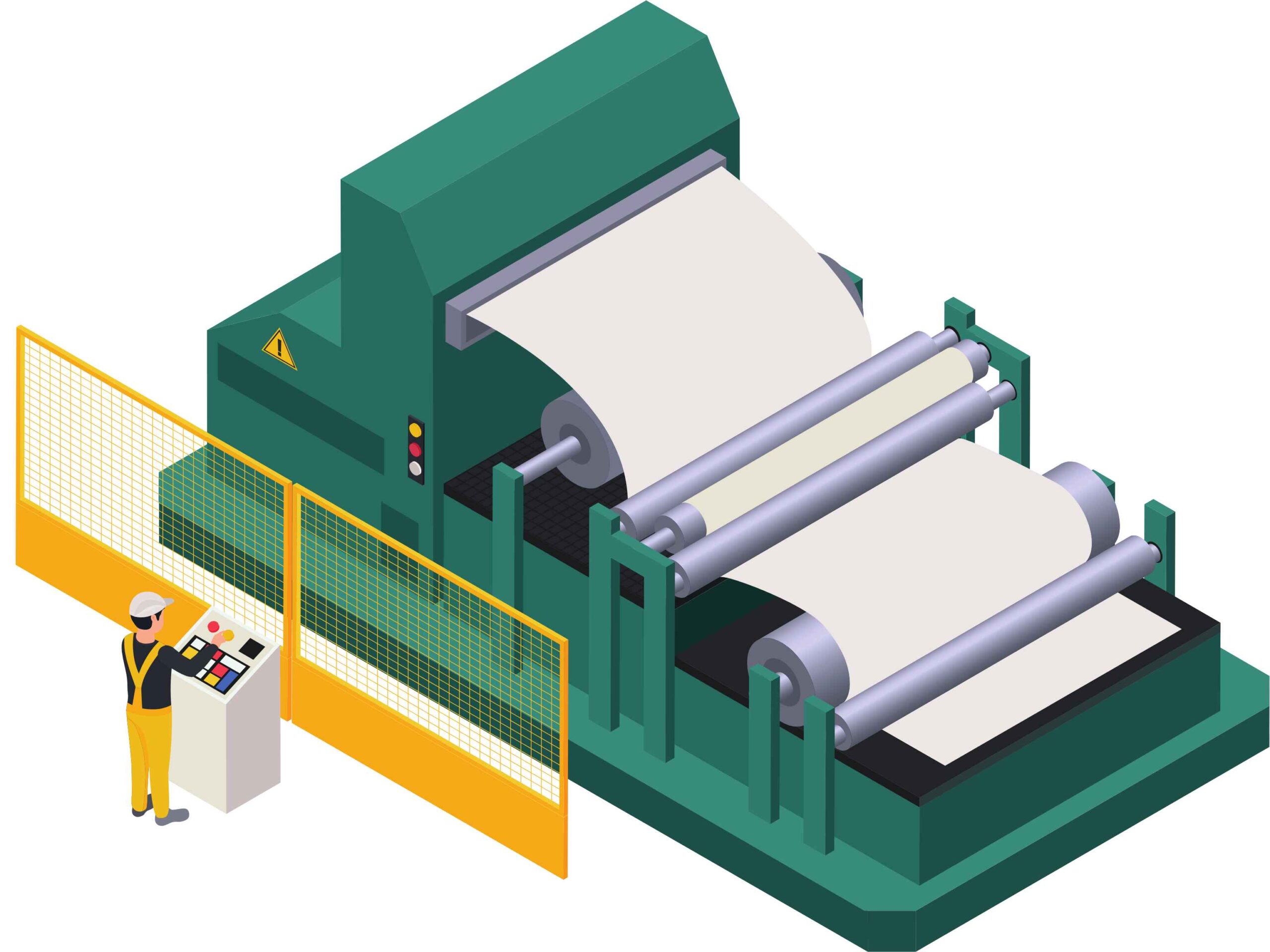Paper Imports Surge: Indian Mills in a Bind, Facing a Paper Jam
In an unexpected twist, paper and paperboard imports have soared by a whopping 37%, totaling approximately 1.47 million tonnes during the fiscal year 2023. This surge, revealed by the Indian Paper Manufacturers Association (IPMA), is no laughing matter for local mills, which find themselves drowning in a sea of imports.
IPMA’s disclosure throws shade on the local paper scene, as imports skyrocketed compared to the mere 1.07 million tonnes witnessed in the corresponding period last fiscal, according to DGCI&S data.
Not content with breaking records, the import volume for the entire fiscal year 2023 stands at a staggering 1.44 million tonnes, sending shockwaves through the industry. This influx of imports, valued at a cool Rs 10,000 crore, is raining on the parade of India’s ‘Make-in- India’ initiative. Additionally, it was pointed out that these imports are depriving approximately 5 lakh dedicated farmers, who are involved in agro and farm forestry aligned with the domestic paper industry, of employment opportunities.
Pawan Agarwal, President of IPMA, expresses deep concern over the surge in paper imports. He emphasizes India’s potential for robust paper production, but notes that excessive imports are undermining the viability of local mills, leaving many in a state of uncertainty. Despite India boasting over 900 paper mills, the fact that only 553 are operational paints a stark picture of the industry’s current challenges.
The surge in imports resembles a paper tsunami, with a staggering 142% increase in paper and paperboard imports from ASEAN countries. These imports, arriving duty-free under the ASEAN-India Free Trade Agreement, are akin to paper pirates pillaging the market.
But that’s not all – all major paper grades are jumping on the import bandwagon, from uncoated writing & printing paper to coated paper, leaving local manufacturers feeling paper-thin.
To add insult to injury, import tariff concessions to China under the Asia Pacific Trade Agreement (APTA) are further fueling the paper imports frenzy. And to rub salt in the paper wound, some of these countries are offering substantial subsidies to their paper mills, providing them with an unfair advantage over their Indian counterparts.
It’s time for stakeholders to take note and address this paper predicament before our local mills find themselves buried under a mountain of imports. Let’s ensure that our paper industry stays sharp and doesn’t get crumpled by the weight of imports.
In conclusion, the surge in paper imports poses a significant challenge to Indian paper mills, threatening the industry’s stability. As dedicated paper traders, Coniferous is committed to keeping our clients informed and updated on industry developments. Rest assured, we will continue to provide timely insights to navigate through these challenging times, ensuring a resilient future for the Indian paper industry.


